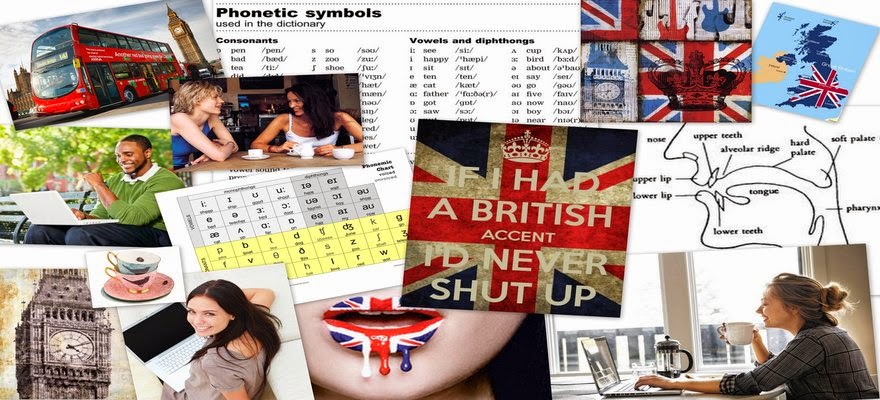SUNDAY'S TONGUE TWISTER
Betty Botter bought some butter,
"But," she said, "this butter's bitter.
If I bake this bitter butter,
It will make my batter bitter.
But a bit of better butter -
That would make my batter better."
So she bought a bit of butter,
Better than her bitter butter,
And she baked it in her batter,
And the batter was not bitter.
So 'twas better Betty Botter
Bought a bit of better butter.
"But," she said, "this butter's bitter.
If I bake this bitter butter,
It will make my batter bitter.
But a bit of better butter -
That would make my batter better."
So she bought a bit of butter,
Better than her bitter butter,
And she baked it in her batter,
And the batter was not bitter.
So 'twas better Betty Botter
Bought a bit of better butter.







